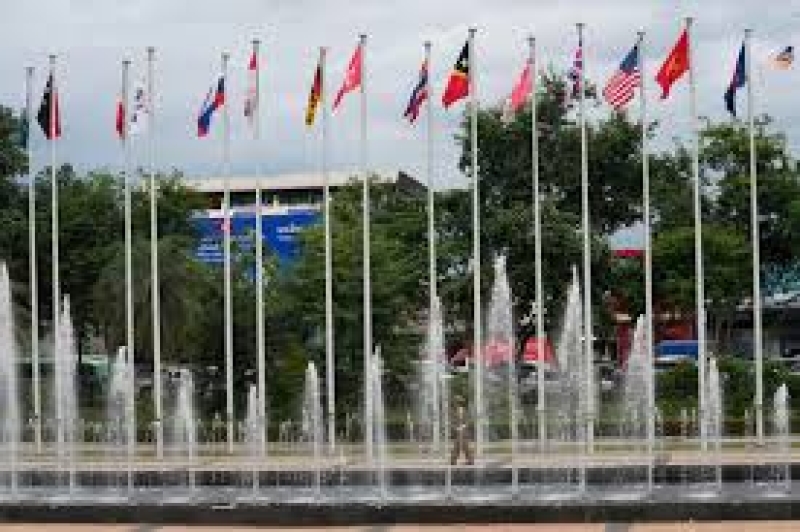- UNGA urges renewed int’l efforts for a resolution of Rohingya crisis |
- First National AI Readiness Assessment Report Published |
- China calls for implementation roadmap for new finance goal |
- New gas reserve found in old well at Sylhet Kailashtila field |
- Revenue earnings shortfall widens in October |
ASEAN Defense Chiefs Meet Amid Rising China Tensions

Southeast Asian defense leaders are meeting in Vientiane, Laos, on Wednesday for security talks, amid escalating maritime disputes with China in the Asia-Pacific and a looming transition to a new U.S. president. U.S. Secretary of Defense Lloyd Austin is attending the Association of Southeast Asian Nations (ASEAN) defense ministers' meetings, where many are seeking clarity on U.S. policy under President-elect Donald Trump.
Austin, fresh from meetings in Australia with officials and Japan's defense minister, reaffirmed the U.S. commitment to ASEAN and expressed concern over China's "destabilizing actions" in the East and South China Seas. The U.S., Japan, South Korea, India, Australia, and China are among the nations present at the two-day talks.
Competing territorial claims in the South China Sea remain a key issue, with ASEAN members the Philippines, Vietnam, Malaysia, and Brunei disputing China's claims to almost the entire sea. Despite years of negotiations, progress on a code of conduct to manage behavior in the region has been slow, hindered by disagreements over whether it should be legally binding. Officials hope to complete the code by 2026.
Philippine President Ferdinand Marcos Jr. has urged more urgency in the talks, noting the ongoing harassment of Philippine vessels by Chinese forces, which he says violate international law. Tensions between China and ASEAN nations have intensified, with incidents of vessel clashes and assaults on Vietnamese fishermen. China has also sent patrol ships to areas claimed by Indonesia and Malaysia as exclusive economic zones.
At last month's ASEAN leaders' meeting, U.S. Secretary of State Antony Blinken criticized China's "dangerous and unlawful activities" in the South China Sea and reaffirmed U.S. support for freedom of navigation in the region. In response, Chinese Foreign Ministry spokesperson Mao Ning blamed external military presences, particularly the U.S., for escalating tensions.
The incoming Trump administration's stance on the South China Sea remains uncertain. However, following Austin's meetings in Australia, the U.S., Australia, and Japan agreed to expand joint military drills in the region and strengthen defense cooperation.
Meanwhile, the ASEAN talks are also expected to address issues beyond the South China Sea, including tensions on the Korean Peninsula, the Russia-Ukraine war, and rising conflict in the Middle East. Myanmar's ongoing civil war and humanitarian crisis will also feature prominently, with ASEAN's credibility strained by its inability to resolve the crisis since the military coup in 2021.

